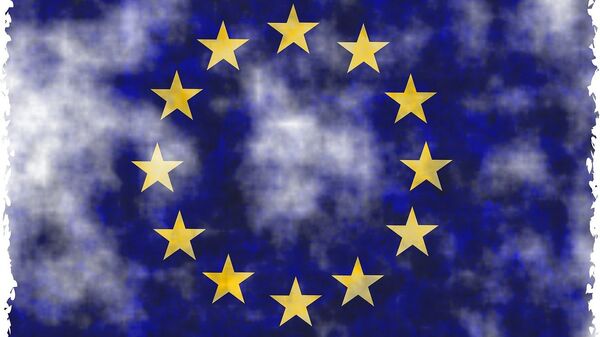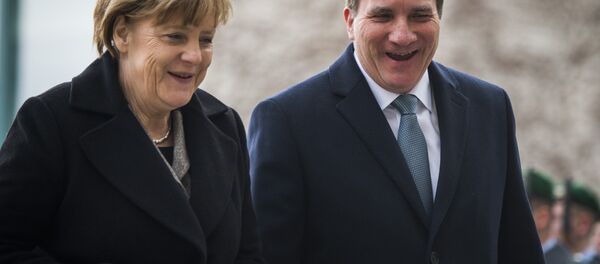This is particularly remarkable given that 'Swexit' does not even exist on the country's political agenda. No Swedish party, bar the Sweden Democrats, is preoccupied with the possibility of leaving the EU.
Sweden Democrats leader Jimmie Åkesson, a reputed EU antagonist, called on Swedish Prime Minister Stefan Löfven to reassess the country's relationship with the EU and arrange another referendum. In an opinion piece in Aftonbladet, Åkesson argued that the EU of today is no longer what it was in 1994, claiming EU authorities to "pull the blanket to themselves." According to Åkesson, Sweden is ceding power to Brussel, with almost all government decisions and up to 60 percent of municipal operations in Sweden being affected by EU policies.
"The question to be asked is whether those who voted for the membership in 1994 were already aware that the EU would become this kind of monster? Probably not," Åkesson wrote.
"My Europe is a Europe built on peace and cooperation, yet not supranational. Today, many forecast it is only a matter of time before we see the next country follow the United Kingdom. In time, hopefully, also Sweden," Åkesson concluded.
The rise of the popular EU-skepticism in Sweden therefore fits well into the pan-European mosaic. The EU project seems to be losing momentum, as right-wing and nationalist parties are getting more wind in their sails across the union. The most telltale examples are Geert Wilders' Party for Freedom, which is poised to sweep the parliamentary elections in the Netherlands in mid-March, and Marine Le Pen's National Front in France. According to the polls, Le Pen ranks as one of the leading candidates in the French presidential election.
Never miss a story again — sign up to our Telegram channel and we'll keep you up to speed!





